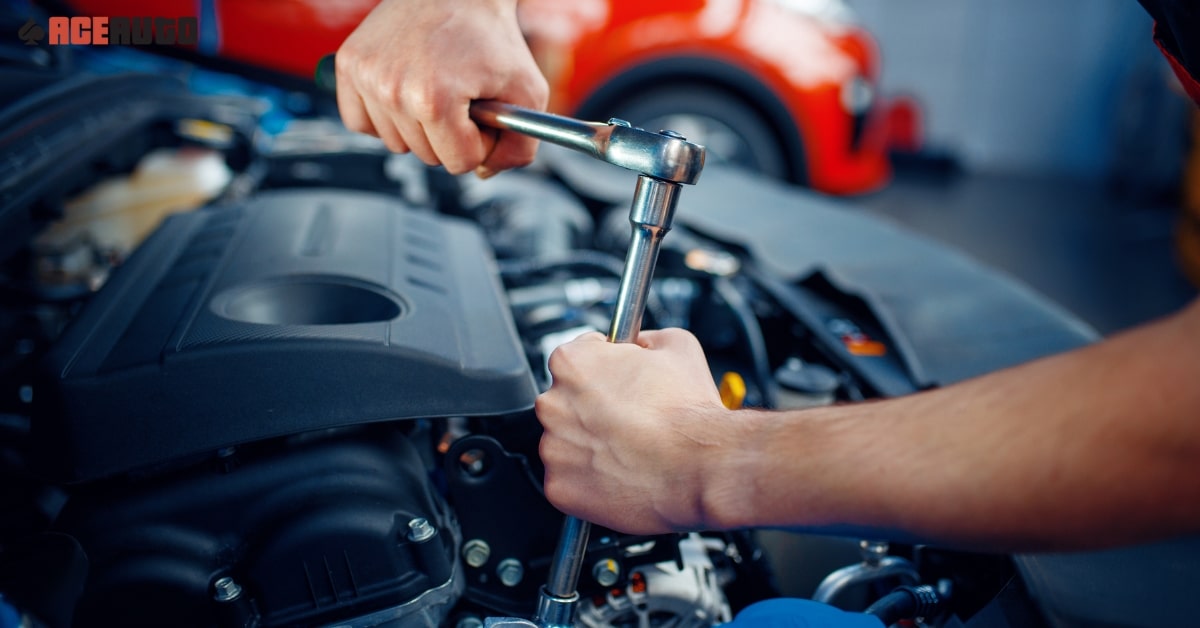All Categories
Featured
A cars and truck getting too hot can be a stressful circumstance, specifically if it occurs all of a sudden. High engine temperatures can cause extreme damages otherwise resolved immediately. Knowing what to do when your vehicle overheats and recognizing just how to stop it can conserve you from pricey repairs and ensure your safety when traveling.
![]()
If Your Auto Gets too hot,What to Do. Pull Over Securely. As quickly as you observe indications of getting too hot-- such as steam increasing from the hood, an increasing temperature level gauge, or alerting lights-- draw over to a risk-free location. Transform off the engine immediately to stop additional damages.
Switch Off the air conditioner and Activate the Heating system. If you're unable to draw over as soon as possible, shut off the cooling to decrease engine load and turn on the heating unit. This reroutes warmth away from the engine and into the cabin, which can aid reduce the engine temperature temporarily.
Open the Hood (with Caution) Await the engine to cool off before opening up the hood. Opening it also quickly can expose you to scalding vapor or warm liquids. Once it's safe, inspect the engine for evident signs of difficulty, such as dripping coolant or a damaged radiator hose pipe.
Examine the Coolant Degrees. If you have coolant or water in your automobile, include it to the storage tank or radiator as soon as the engine has actually cooled. Stay clear of including chilly water to a hot radiator, as it can create cracking.
![]()
Call for Support. Get in touch with a tow truck or roadside support if you're unable to diagnose or solve the issue. Driving with an overheated engine can cause considerable damage, such as a blown head gasket or distorted engine parts.
Just How to stop Your Vehicle from Overheating. Check Coolant Degrees Routinely. Ensure your vehicle constantly has the appropriate amount of coolant. Low coolant degrees are one of one of the most usual causes of getting too hot. Consistently evaluate the coolant reservoir and top it off if required.
Check Radiator and Hoses. Seek cracks, leaks, or loosened connections in the radiator and tubes. Change any type of damaged components quickly to stop coolant leaks.
Maintain Your Cooling System. Flush and replenish the air conditioning system as advised in your vehicle's owner manual. With time, old coolant can shed its performance and fail to protect the engine from overheating.
Screen the Thermostat and Water Pump. A defective thermostat or water pump can interfere with the air conditioning system's feature. Have actually these components checked throughout regular upkeep to capture problems early.
Prevent Overloading Your Automobile. Excessive weight places extra stress on the engine and cooling system. Keep your load within the supplier's advised restrictions.
Watch the Temperature Gauge. Take notice of your temperature level scale, especially throughout warm weather or when driving up steep slopes. If the gauge starts to climb up, take preventative measures such as decreasing speed or switching off the air conditioner.
Verdict. If you understand what steps to take, dealing with an overheated auto doesn't have to be frustrating. Performing quickly and securely can stop further damage to your engine. To lessen the danger of overheating, remain on top of routine maintenance, check your cooling system, and drive responsibly. With appropriate treatment, you can maintain your engine running smoothly and avoid the aggravation of an overheated automobile.

If Your Auto Gets too hot,What to Do. Pull Over Securely. As quickly as you observe indications of getting too hot-- such as steam increasing from the hood, an increasing temperature level gauge, or alerting lights-- draw over to a risk-free location. Transform off the engine immediately to stop additional damages.
Switch Off the air conditioner and Activate the Heating system. If you're unable to draw over as soon as possible, shut off the cooling to decrease engine load and turn on the heating unit. This reroutes warmth away from the engine and into the cabin, which can aid reduce the engine temperature temporarily.
Open the Hood (with Caution) Await the engine to cool off before opening up the hood. Opening it also quickly can expose you to scalding vapor or warm liquids. Once it's safe, inspect the engine for evident signs of difficulty, such as dripping coolant or a damaged radiator hose pipe.
Examine the Coolant Degrees. If you have coolant or water in your automobile, include it to the storage tank or radiator as soon as the engine has actually cooled. Stay clear of including chilly water to a hot radiator, as it can create cracking.

Call for Support. Get in touch with a tow truck or roadside support if you're unable to diagnose or solve the issue. Driving with an overheated engine can cause considerable damage, such as a blown head gasket or distorted engine parts.
Just How to stop Your Vehicle from Overheating. Check Coolant Degrees Routinely. Ensure your vehicle constantly has the appropriate amount of coolant. Low coolant degrees are one of one of the most usual causes of getting too hot. Consistently evaluate the coolant reservoir and top it off if required.
Check Radiator and Hoses. Seek cracks, leaks, or loosened connections in the radiator and tubes. Change any type of damaged components quickly to stop coolant leaks.
Maintain Your Cooling System. Flush and replenish the air conditioning system as advised in your vehicle's owner manual. With time, old coolant can shed its performance and fail to protect the engine from overheating.
Screen the Thermostat and Water Pump. A defective thermostat or water pump can interfere with the air conditioning system's feature. Have actually these components checked throughout regular upkeep to capture problems early.
Prevent Overloading Your Automobile. Excessive weight places extra stress on the engine and cooling system. Keep your load within the supplier's advised restrictions.
Watch the Temperature Gauge. Take notice of your temperature level scale, especially throughout warm weather or when driving up steep slopes. If the gauge starts to climb up, take preventative measures such as decreasing speed or switching off the air conditioner.
Verdict. If you understand what steps to take, dealing with an overheated auto doesn't have to be frustrating. Performing quickly and securely can stop further damage to your engine. To lessen the danger of overheating, remain on top of routine maintenance, check your cooling system, and drive responsibly. With appropriate treatment, you can maintain your engine running smoothly and avoid the aggravation of an overheated automobile.
Latest Posts
Quick Car Repair Solutions - Reserve Your Spot with Montclare Auto Repair Now
Published Apr 16, 25
2 min read
Expert Mechanic Services at Montclare Auto Repair - Don’t Wait, Act Now!
Published Apr 16, 25
2 min read
Delicious Eating Options for Your Event at FunCity Resort
Published Apr 16, 25
1 min read
More
Latest Posts
Quick Car Repair Solutions - Reserve Your Spot with Montclare Auto Repair Now
Published Apr 16, 25
2 min read
Expert Mechanic Services at Montclare Auto Repair - Don’t Wait, Act Now!
Published Apr 16, 25
2 min read
Delicious Eating Options for Your Event at FunCity Resort
Published Apr 16, 25
1 min read